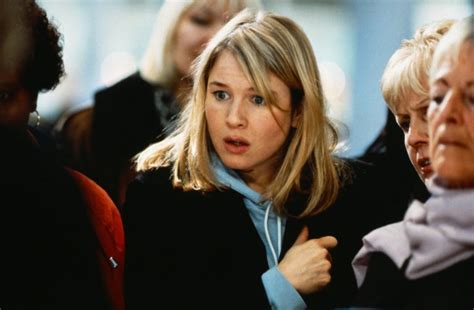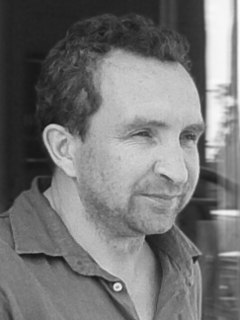A Quote by John Bishop
As soon as I speak, I think people go, 'Well, he obviously must have grown up on a council estate, gone to a comprehensive school and be working class - so I can relate to him.'
Related Quotes
The people who perpetrated the terror of the World Trade Center and Pentagon bombings are something different because these people were obviously not desperate and poor refugee dwellers. They were middle class, educated enough to speak English, to be able to go to flight school, to come to America, to live in Florida.
I was in love with a girl in my class when I was in primary school, and she obviously thought I was a freak, so that wasn't working out. And the the guys in my class, every two weeks they'd say, 'Hey, we spoke to her, and she really likes you now. You should go and ask her again.' And then I'd go and ask her again.
The really successful work in England tends to be working-class writers telling working-class stories. The film industry has been slow to wake up to that, for a variety of reasons. It still shocks me how few films are written or made in England about working-class life, given that those are the people who go to movies.

































